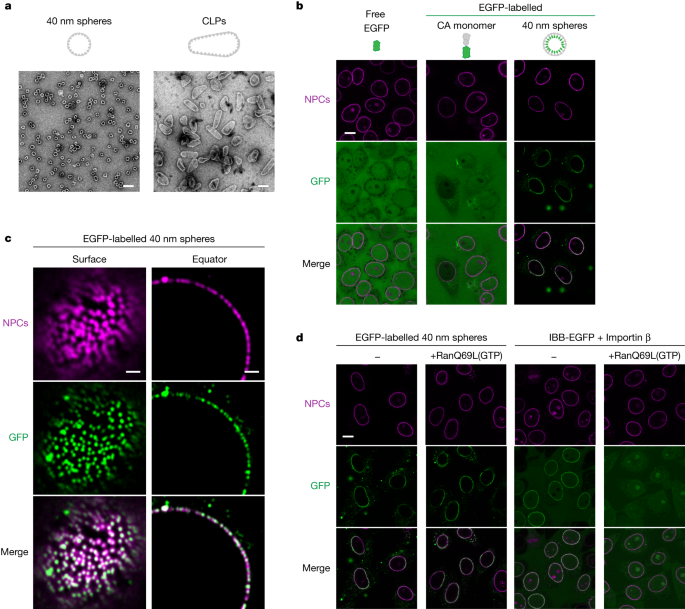2024-01-24 カリフォルニア大学校アーバイン校(UCI)
◆オメガ-3とインターロイキン-8の高いレベルは、化学療法中の食欲減退と関連し、高いインターロイキン-8は吐き気と悪化した関連がありました。研究者は、これらのバイオマーカーが化学療法による消化器症状の予測に役立つ可能性があり、それに基づいた新しい治療法の開発が期待されます。
<関連情報>
- https://news.uci.edu/2024/01/24/uc-irvine-led-study-links-biomarkers-and-chemotherapy-related-gastrointestinal-symptoms/
- https://link.springer.com/article/10.1007/s00520-023-08274-5
化学療法を受けている早期乳がん患者におけるオメガ3および炎症性バイオマーカーを用いた消化器症状の軌跡の予測 Prediction of gastrointestinal symptoms trajectories using omega-3 and inflammatory biomarkers in early-stage breast cancer patients receiving chemotherapy
Daniela Arcos,Ding Quan Ng,Yu Ke,Yi Long Toh & Alexandre Chan
Supportive Care in Cance Published:03 January 2024
DOI:https://doi.org/10.1007/s00520-023-08274-5
Abstract
Purpose
Gastrointestinal (GI) symptoms are common among breast cancer patients undergoing chemotherapy, negatively impacting treatment outcomes and quality of life. Evidence points to inflammatory processes as the underlying cause of chemotherapy-associated GI symptoms. Relatedly, omega-3 (n-3) has been linked to anti-inflammatory processes. The primary objective of this study was to examine the associations between baseline n-3, baseline inflammatory markers and GI symptom progression in early-stage breast cancer patients receiving chemotherapy.
Methods
In this secondary analysis of a prospective cohort study, we analyzed baseline levels of inflammatory biomarkers (measured using a Luminex bead-immunoassay) and plasma levels of DHA, EPA, and FFA (measured using enzyme-linked immunosorbent assay). GI symptoms were assessed using the European Organisation for Research and Treatment of Cancer Quality of Life Questionnaire in Cancer Patients (EORTC QLQ-C30) symptom scale scores at baseline (T1) and at least 6 weeks after, during chemotherapy (T2). Inferential statistics were used to analyze associations between the variables of interest.
Results
The analysis included 31 female breast cancer patients (mean age ± SD = 50.5 ± 8.8; 89.6% receiving anthracycline-based chemotherapy). Higher levels of docosahexaenoic acid (DHA) and interleukin-8 (IL-8) predicted increases in appetite loss. Similarly, higher IL-8 predicted worsened nausea and vomiting.
Conclusion
Baseline IL-8 and DHA predicted GI symptom progression in early-stage breast cancer patients undergoing chemotherapy. Future studies are required to evaluate how therapeutic intervention targeting these biomarkers may mitigate gastrointestinal symptoms in cancer patients.



